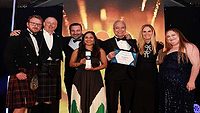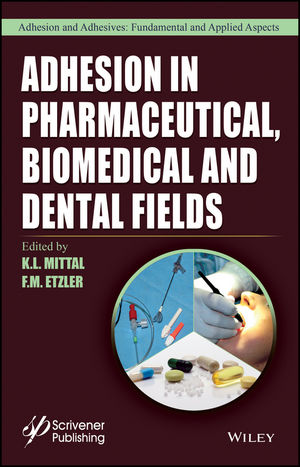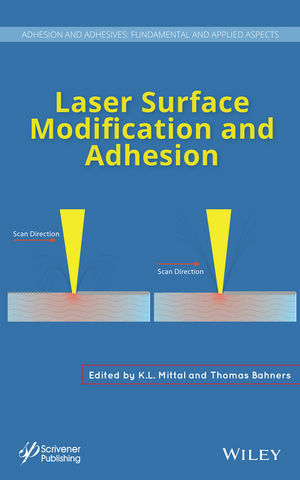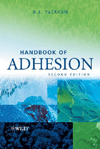Fraunhofer IFAM Researcher Wins 2023 Adhesion Innovation Award
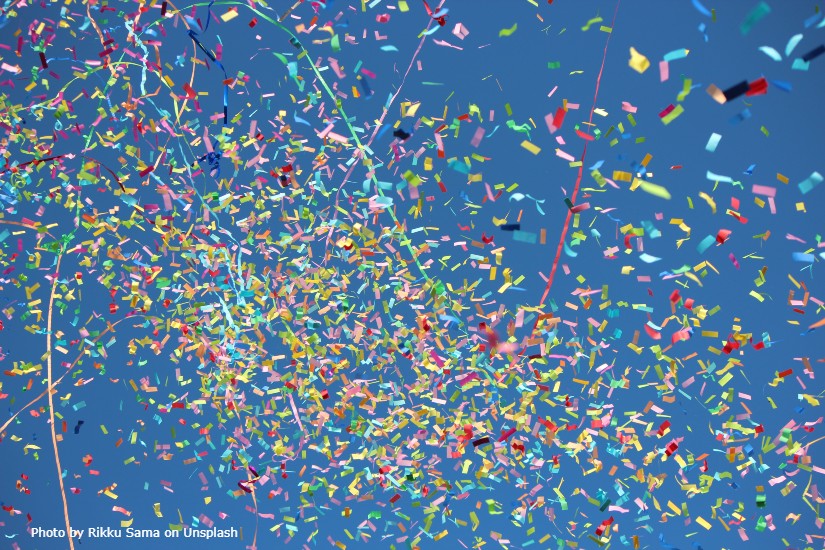
The third FEICA/EURADH Adhesion Innovation Award (AIA) will go to Marvin Kaufmann, a researcher at Fraunhofer IFAM. Kaufmann will receive the award for his publication “How adhesives flow during joining.”
The joint FEICA (Association of the European Adhesive and Sealant Industry) and EURADH (European Adhesion Societies) Adhesion Innovation Award (AIA) aims to attract young researchers and scientists working in adhesion science across Europe. It is an opportunity for both associations to raise awareness of the outstanding innovations in the industry that contribute significantly towards sustainability and the European economy.
One criterion to receive the award is to have published noteworthy work. The third edition of the award focused on sustainability, durability, and industrial applications. Seven candidates submitted outstanding papers in innovative adhesion science. The EURADH jury examined each submission for practical application, sustainability, and scientific impact. The jury agreed that Kaufmann’s paper was the clear winner due to its combination of experimental work and modelling, involving process development and systematic analysis to address a significant problem in adhesion.
FEICA’s Secretary General, Kristel Ons, said, “This year’s entries again demonstrate how important innovations are to sustainable development. Mr. Kaufmann’s paper is an excellent and innovative piece of work, very well explained.”
Professor Dr. Andreas Hartwig, chair of EURADH and the World Congress on Adhesion and Related Phenomena (WCARP) 2023, said, “The flow of adhesives is very complex, and in applications, excess adhesives need to be applied using an empirically determined pattern. Mr. Kaufmann developed a new method which improves sustainability, not only through the reduction of experiments needed to work out the ideal application pattern, but also by complete avoidance of overfilling (thus reducing waste) and, as a direct result, the requirement of only minimal cleaning. In addition, the number of defect parts produced is significantly reduced.”
Kaufmann is currently finishing his doctoral thesis at Fraunhofer IFAM (Institute for Manufacturing Technology and Advanced Materials) in Bremen, Germany. Kaufmann started working at Fraunhofer IFAM in 2016. As a well-regarded researcher, he played an important part in a number of research projects and won the Peter Wefing Prize in 2017.
Kaufmann will receive a €3,000 prize, funded by FEICA. The award presentation will take place at the EURADH/WCARP conference in Garmisch-Partenkirchen, Germany, in September 2023 and at the FEICA Conference and Expo next year, in September 2024.
To learn more, visit www.adhesionaward.org and www.feica.eu.
To read the abstract and snippets of Kaufmann’s paper, click here.
Looking for a reprint of this article?
From high-res PDFs to custom plaques, order your copy today!



.jpg?height=200&t=1686719565&width=200)
